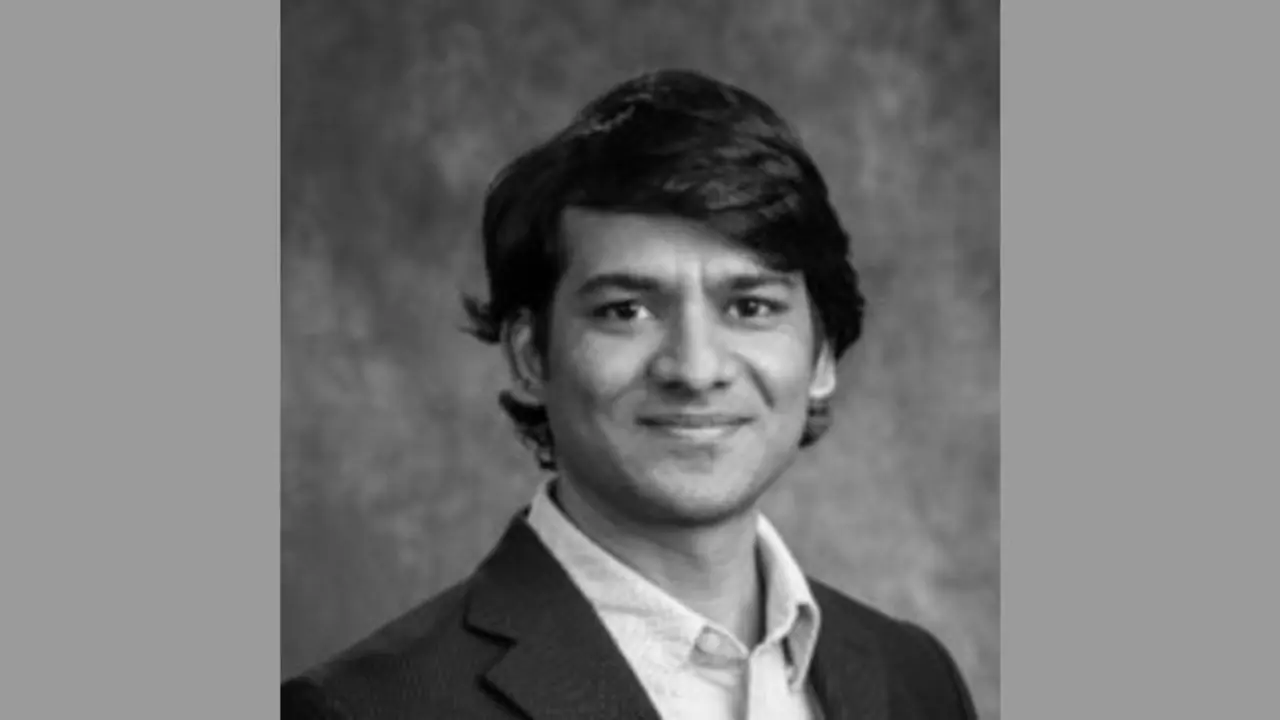Aroh Barjatya, an Indian-born researcher led the recent NASA sounding rockets launch during the solar eclipse. The mission aimed to observe the effects of the eclipse's dim sunlight on the Earth's upper atmosphere.
The National Aeronautics and Space Administration (NASA) launched sounding rockets during the solar eclipse on April 8, to study the effects eclipse's dim sunlight on the Earth's upper atmosphere. The eclipse was visible in North America.
A statement released by NASA said, "The mission was led by Aroh Barjatya, a professor of engineering physics at Embry-Riddle Aeronautical University in Florida, where he directs the Space and Atmospheric Instrumentation Lab."
Aroh Barjatya is a professor of engineering physics at Embry-Riddle Aeronautical University in Florida and led the mission from the Space and Atmospheric Instrumentation Lab.
After the successful launch of the rockets, Aroh made a post on LinkedIn, he wrote, "My deepest gratitude to all my fellow researchers at collaborating institutions and insanely capable and stellar students at Embry-Riddle Aeronautical University, as well as, most crucially, to everyone at NASA Wallops Sounding Rocket Program Office and NASA Goddard Space Flight Center for helping accomplish six complex rocket missions in six months!!!"
Aroh Barjatya was born to a chemical engineer, Ashok Kumar Barjatya and his wife, Rajeshwari. During his schooling days, Aroh attended various schools in different parts of the country such as Patalganga, Hyderabad, Jaipur, Pilani, and Solanpur.
He completed his graduation in electronic engineering from Solapur's Walchand Insitute of Technology. For his master's, he moved to the US in 2001 and got his degree from Utah University. He did his PhD from the University in spacecraft instrumentation.
Talking about his research and future mission, Aroh wrote on LinkedIn, "In addition to leading an externally funded research enterprise, as a tenured faculty I have mentored and engaged young minds through inquiry-based learning tactics, created a new area of concentration within the Engineering Physics programme at ERAU... My mission is to advance the state of the art in space research and education and to inspire the next generation of space engineers and scientists."
Also Read: Everything you need to know about the geomagnetic storm that hit Earth and its effects
